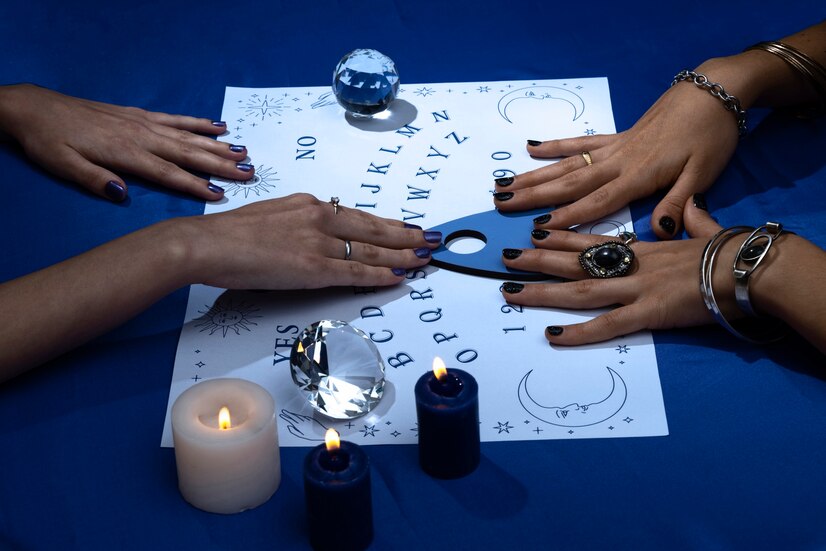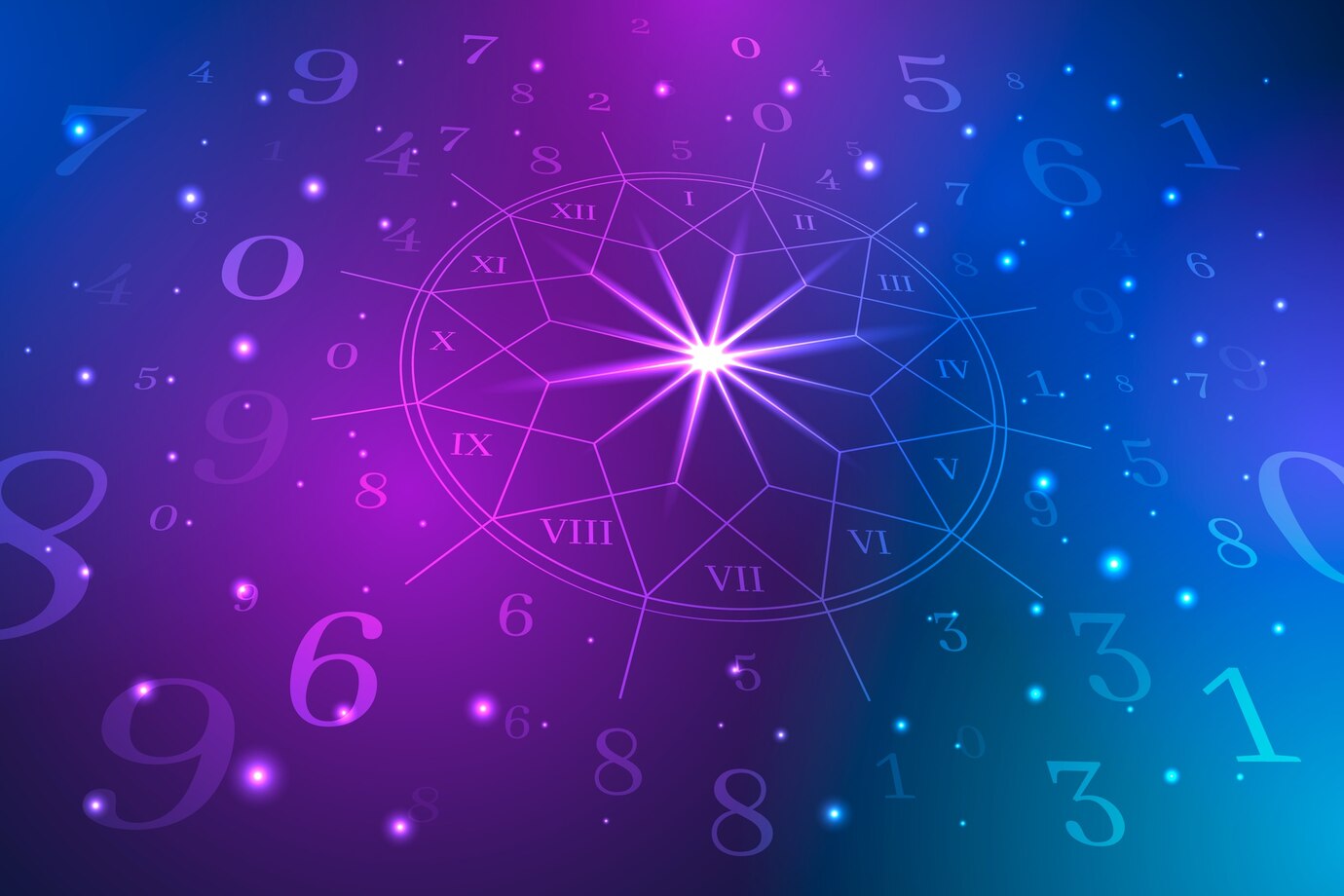The Celestial Foundations
Namaste and welcome! Our council of Jyotishis gathers today to illuminate the role of Surya, the Sun, in Vedic Astrology. While Western astrology places great emphasis on the Sun sign, in Jyotish, its significance is profound yet nuanced, representing the soul, vitality, and authority, viewed through the lens of the Sidereal Zodiac. We will explore the authentic Sun Sign Meaning in Jyotish, moving beyond simple Zodiac Sign Traits to understand Surya’s connection to Ego in Astrology (Ahamkara), Core Personality Astrology, and our individual Dharma.
The Participants:
- Acharya Rishi: A Traditional Jyotishi, versed in classical scriptures and techniques.
- Dr. Padma: A Contemporary Jyotishi, blending traditional wisdom with modern understanding.
- Arjuna Learner: A Dedicated Student, navigating the intricacies of Jyotish principles.
- Jyoti Consultant: A Practical Application Expert, applying Jyotish insights to life guidance.
- Moderator: Guiding our discussion on Surya.
Round 1: Understanding Sun Sign Meaning from Multiple Angles (Vedic Perspective)
Moderator: Let’s begin with the source. Acharya Rishi, how is Surya understood in the classical Jyotish tradition?
Acharya Rishi: Surya, the King of the Grahas, represents the Atman (the soul), vitality (prana), father, king or authority figures, health, and innate dharma. Its position in the Kundali – by Rashi (Sidereal sign), Bhava (house), and its strength (Bala, considering Uchcha/Neecha etc.) – indicates the native’s core vitality, connection to authority, leadership capacity, and physical constitution. It is the source of light and life, influencing the Core Personality Astrology at a fundamental level. Its dignity reveals the quality of the soul’s expression and ego (ahamkara).
Dr. Padma: Building on that, contemporary Jyotish emphasizes Surya as the indicator of our inherent confidence, creativity, and sense of self or Astrology Sun Identity. The Rashi Surya occupies (remembering the Sidereal Zodiac shift from Western signs) colours how this core energy expresses. While less emphasized than the Lagna or Chandra for minute personality details, Surya reveals the nature of our will, ambition, and where we seek to shine. It represents the conscious, individuated self striving for recognition and purpose.
Arjuna Learner: This clarifies things! I was confused because my Vedic Sun sign is different from my Western one. So, in Jyotish, while important, Surya’s Rashi isn’t the only definition of ‘me’, right? How does it interact with the Lagna (Ascendant) and Chandra (Moon)? The typical Zodiac Sign Traits seem less defining here compared to the whole chart context.
Jyoti Consultant: Excellent point, Arjuna! In practical application, Surya’s Rashi provides a layer of understanding, but it’s not the primary identifier like in pop Western astrology. We look at Surya’s Bhava placement to see where this vitality and authority manifest (e.g., Surya in the 10th Bhava emphasizes career and public life). Aspects (Drishti) to Surya modify its expression. It works in concert with the Lagna (physical self, life direction) and Chandra (mind, emotions). For instance, understanding Surya helps gauge confidence levels related to career (10th Bhava) or interactions with father figures (9th Bhava signifies father).
Acharya Rishi: Precisely. The house Surya occupies is critical. Surya in a Dusthana house (6th, 8th, 12th) can indicate challenges related to health, father, or authority unless well-aspected or in a strong sign. Its strength determines the capacity to overcome obstacles. The concept of Planetary Rulers Sun (Surya rules Simha/Leo) is also key – planets in Leo take on a solar quality.
Dr. Padma: And psychologically, a strong Surya suggests healthy Ego in Astrology (ahamkara) – self-assuredness, not arrogance. A challenged Surya might indicate struggles with self-worth or authority complexes, requiring conscious work. The Sun Sign Meaning in Jyotish is deeply tied to soul expression and karmic patterns related to leadership and selfhood.
Perspective Intersection: The traditional view of Surya as Atman/vitality (Rishi) connects with the modern view of core identity/ego (Padma), which students (Arjuna) learn to place within the broader Kundali context, allowing for practical insights into confidence and life areas (Jyoti).

Round 2: Common Misconceptions vs. Reality (Vedic Context)
Moderator: Let’s clarify some common misunderstandings, especially those arising from Western comparisons. Dr. Padma?
Dr. Padma: The biggest misconception is directly mapping Western Sun sign traits onto the Vedic Sun Sign Meaning. Because Jyotish uses the Sidereal Zodiac, most people’s Sun Rashi will be the sign before their Western Sun sign. The interpretations also differ; Jyotish places less emphasis on Sun Rashi for daily personality and more on its role signifying soul, father, and vitality within the whole chart structure. Zodiac Sign Traits are secondary to the Graha’s intrinsic nature and condition.
Jyoti Consultant: Another misconception is thinking a debilitated Sun (Neecha Surya, in Libra/Tula) automatically means a weak or failed person. While it indicates inherent challenges with confidence, authority, or vitality, practical Jyotish looks for Neecha Bhanga Raja Yoga (cancellation of debilitation) and other factors. It suggests an area requiring more conscious development, not a life sentence. Understanding the Core Personality Astrology requires seeing the whole picture.
Acharya Rishi: From tradition, a misconception might be underestimating Surya’s influence on health. As the source of vitality, its placement, strength, and aspects are critical indicators in medical astrology (a branch of Jyotish) for overall constitution and potential issues related to heart, bones, or eyes.
Arjuna Learner: I used to think my Sun sign determined everything! Learning Jyotish showed me the immense importance of the Moon’s Nakshatra (Janma Nakshatra) for personality and Dasha timing, and the Lagna/Lagnesha for overall direction. Surya is vital for Astrology Sun Identity, but it’s one powerful voice in a choir, not a solo act.
Hidden Wisdom: Surya as Atmakaraka: In Jaimini astrology (a specific school of Jyotish), the planet with the highest degree in a sign becomes the Atmakaraka, signifying the soul’s deepest desire in this life. If Surya holds this position, the soul’s journey is intrinsically linked to themes of leadership, dharma, self-realization, and authority.
Round 3: Historical Evolution & Future Directions (Vedic Context)
Moderator: How has the view of Surya evolved within Jyotish? Acharya Rishi?
Acharya Rishi: Surya has always been revered in Vedic culture, central in rituals and scriptures (e.g., Gayatri Mantra). In foundational Jyotish texts, its significance as the king, soul, and source of vitality was clearly established. Detailed rules for assessing its strength, aspects (Drishti), and effects in various Rashis and Bhavas were laid down millennia ago.
Dr. Padma: While the core meanings remain unchanged, contemporary Jyotish often explores the psychological dimensions more explicitly. Surya’s connection to self-esteem, the development of a healthy Ego in Astrology (Ahamkara), and its role in creative expression are discussed perhaps more openly now, framed within the understanding of karma and dharma. The interaction between Surya and modern societal structures (e.g., corporate leadership) is also explored.
Jyoti Consultant: Practical applications continue to evolve. While traditional assessments of status remain relevant, modern consultations might focus more on using Surya’s placement to guide career choices aligned with innate authority or creative drive. Understanding Surya’s connection to health is also seeing renewed interest, sometimes integrated with Ayurveda. The Sun Sign Meaning is applied dynamically to modern life challenges.
Arjuna Learner: As learners, we benefit from access to both classical texts (translations) and modern interpretations online. The challenge is integrating the profound spiritual meaning of Surya (Atman) with its tangible manifestations (father, career, health) and psychological correlates (confidence, ego). Future learning might involve better tools for visualizing Surya’s strength and influence across the various divisional charts (Vargas).
Critical Considerations: Attributing all issues with father figures or authority solely to Surya’s placement is an oversimplification. The 9th Bhava, its lord, and other factors play a role. Context is always key in Jyotish interpretation.
Closing Reflections: Integrating Wisdom for Today’s Seeker
Moderator: How can our audience best integrate these Jyotish perspectives on Surya?
Jyoti Consultant: Identify your Surya’s Rashi (Sidereal!) and Bhava in your Kundali. Reflect on how themes of authority, vitality, confidence, and father figures manifest in that specific area of your life. Use this awareness from your Core Personality Astrology to consciously direct your energy.
Arjuna Learner: Be curious about the difference between your Vedic and Western Sun sign. Explore the Sidereal Rashi’s meaning. But remember, it’s just one piece – dive deeper into your Lagna, Chandra, and Nakshatras too.
Dr. Padma: Connect with Surya as your inner source of light and purpose. Understand its placement as reflecting your path towards expressing your unique Astrology Sun Identity and confidence. Use challenges indicated by Surya’s placement as opportunities for soul growth and strengthening your inner authority.
Acharya Rishi: Respect Surya as the representative of the Atman within your chart. Honour its significations – cultivate health, respect legitimate authority (including your inner authority), and understand its connection to your lineage and dharma. Consider traditional practices associated with Surya if appropriate (e.g., Surya Namaskar, Gayatri Mantra) to strengthen its positive influence. Appreciate the depth behind the Vedic Sun Sign Meaning.
Moderator: Thank you, council. Surya in Jyotish is far more than a simple personality tag. It is the radiant core of our vitality, our connection to the soul’s light, and a powerful indicator of our relationship with authority, dharma, and the expression of our true self within the grand cosmic play.
Further Learning
- Understanding Chandra (Moon) and Nakshatras in Jyotish
- Lagna (Ascendant) and Lagnesha Explained
- The Significance of Bhavas (Houses) in Jyotish
- Introduction to Grahas (Planets) in Vedic Astrology
- Surya in the 12 Bhavas (Detailed Analysis)













Hi, this is a comment.
To get started with moderating, editing, and deleting comments, please visit the Comments screen in the dashboard.
Commenter avatars come from Gravatar.